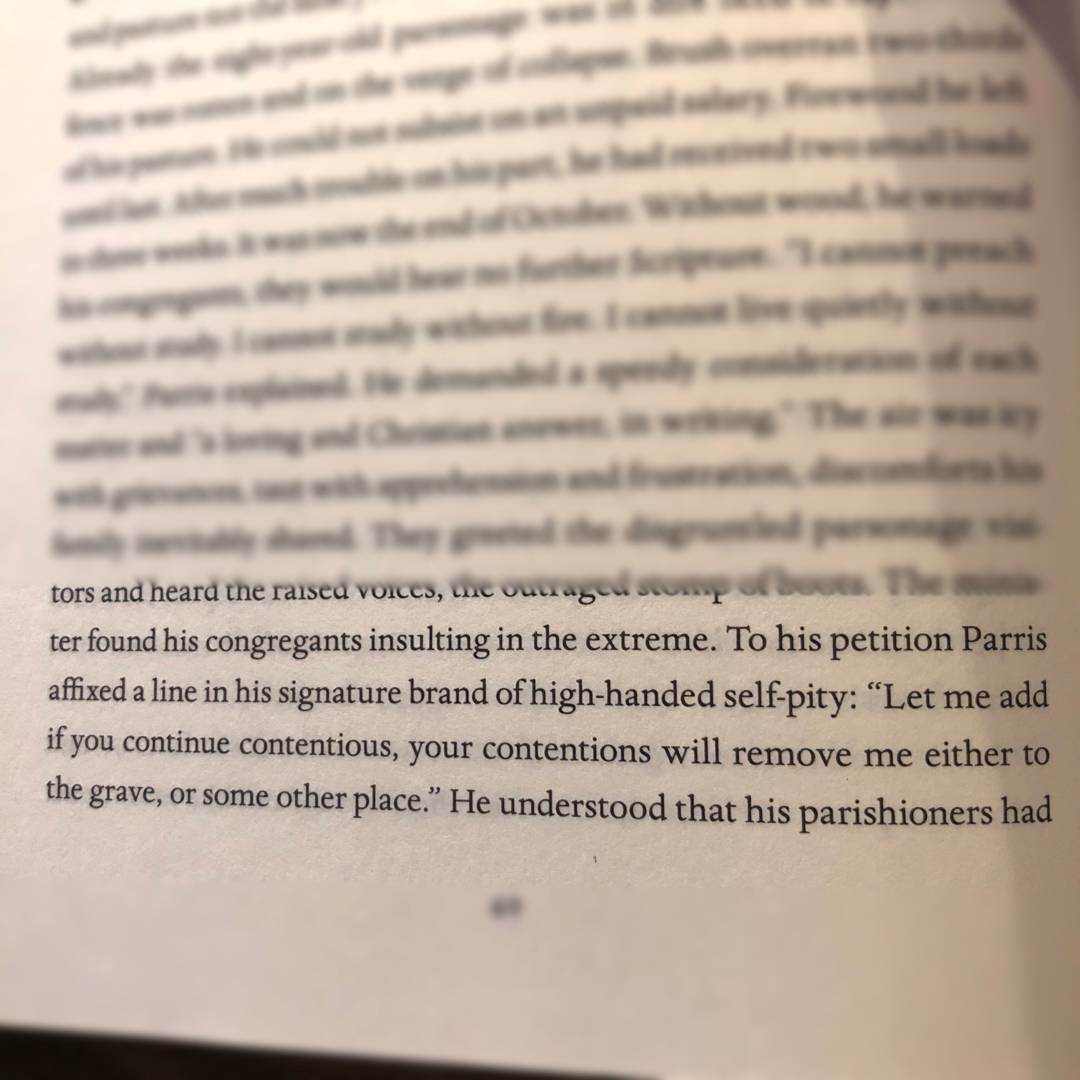
Reverend Parris' line here will be widely applicable in all future work emails.

Reverend Parris' line here will be widely applicable in all future work emails.
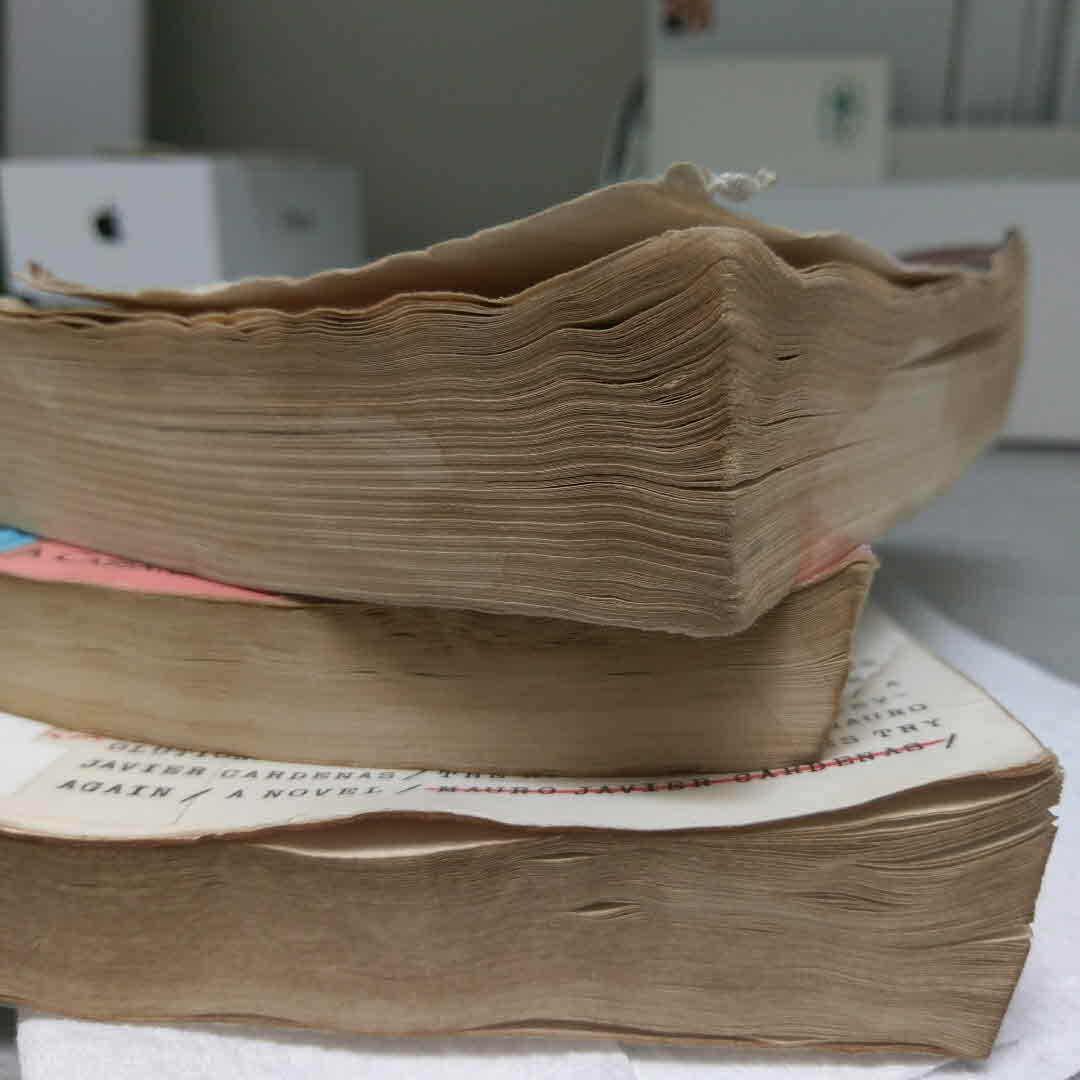
Left me coffee mug unlatched in my backpack and destroyed three library books. #StableGenius
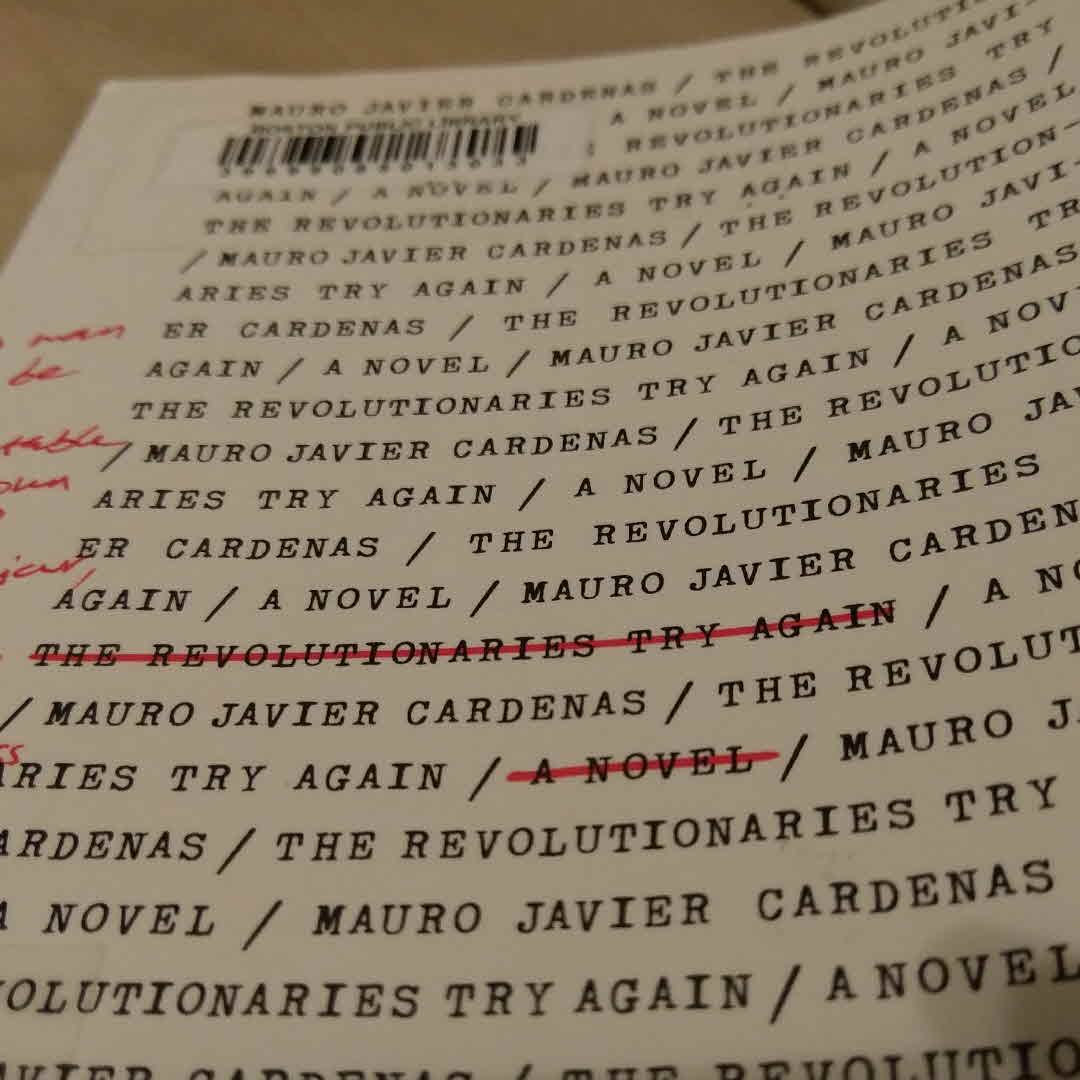
"Sir, to tell you the truth, sir, this job would be temporary: I'm going to become the liberator of the Americas so I can only stay twenty to forty years tops."
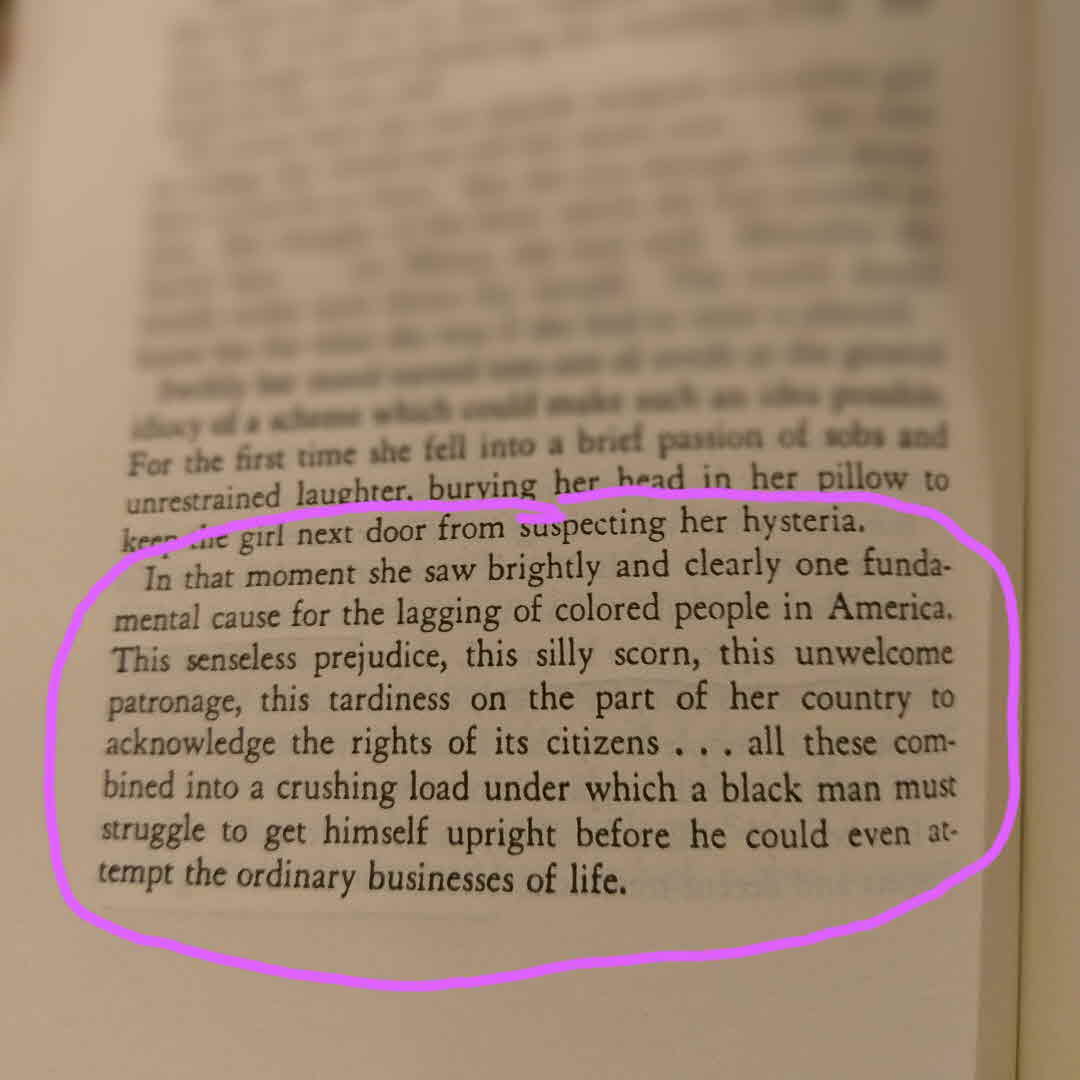
Jessie Fauset had white privilege nailed in 1933. How come we still can't come to grips with it in 2017?
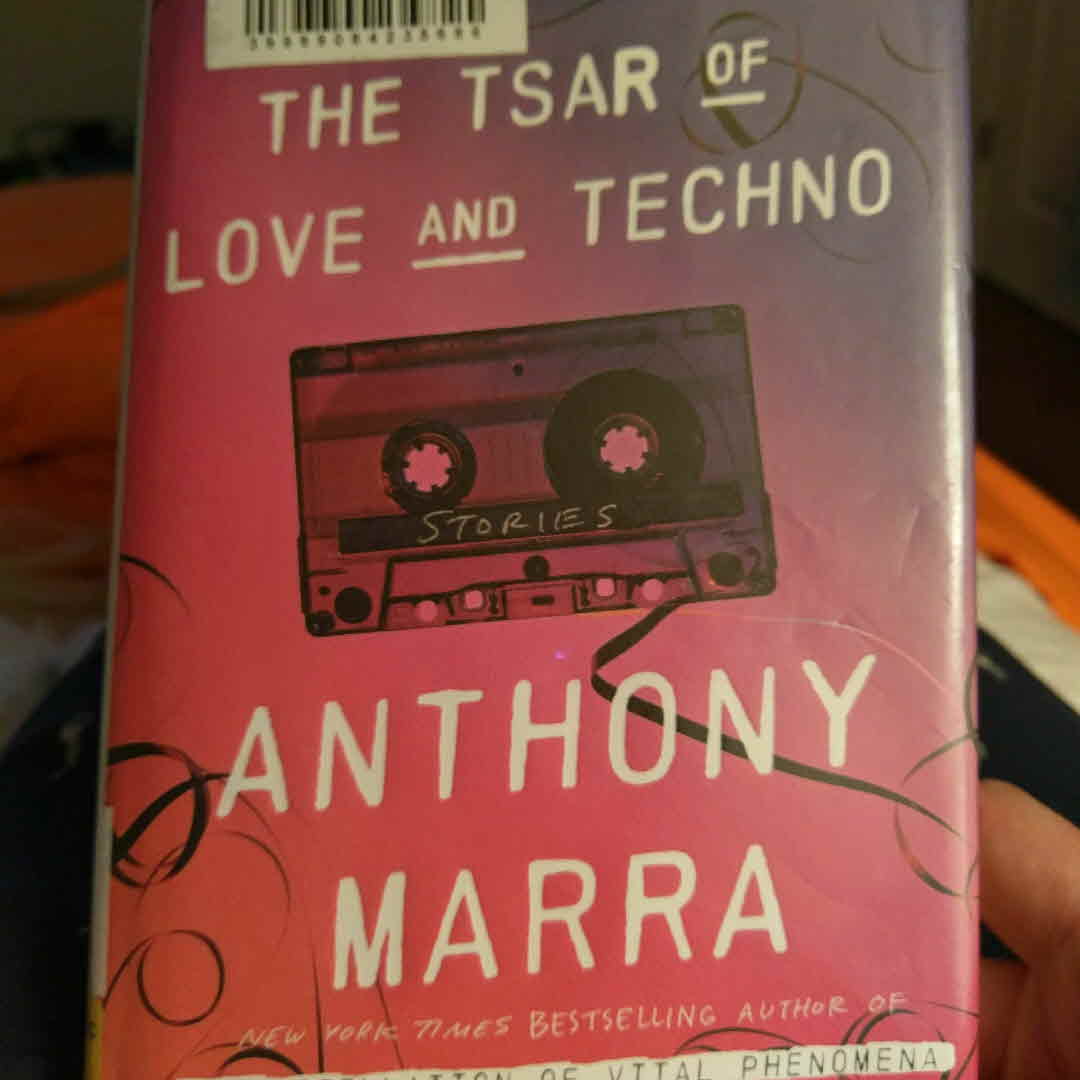
Been meaning to check out this author for awhile!
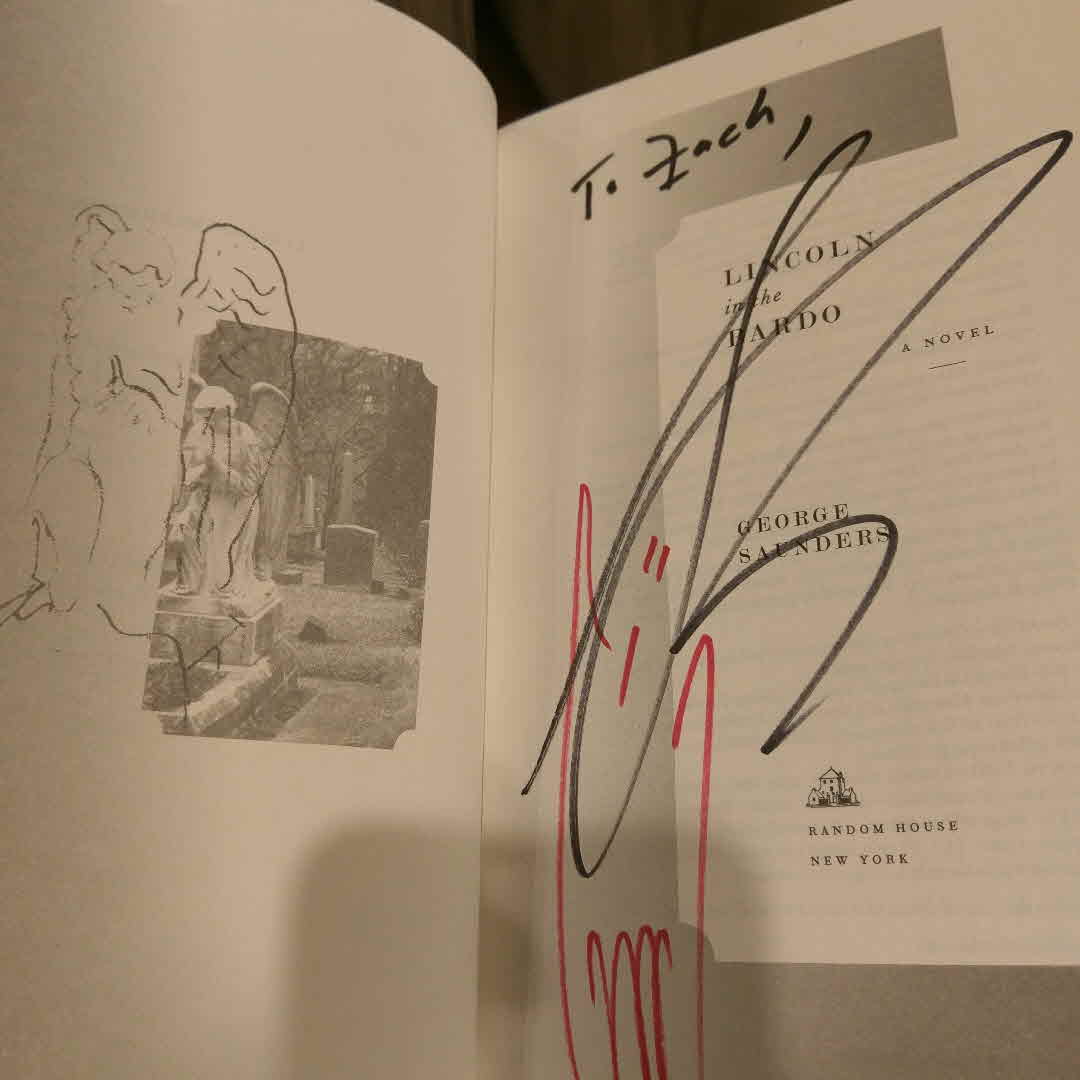
My signed copy of Lincoln in the Bardo. I waited an hour and a half to meet George (again) and when I got to the front of the line he apologized for the delay and told me a funny story about Steve Allen. This is not his best work, in my mind, but it is fascinating, moving, and uniquely his.
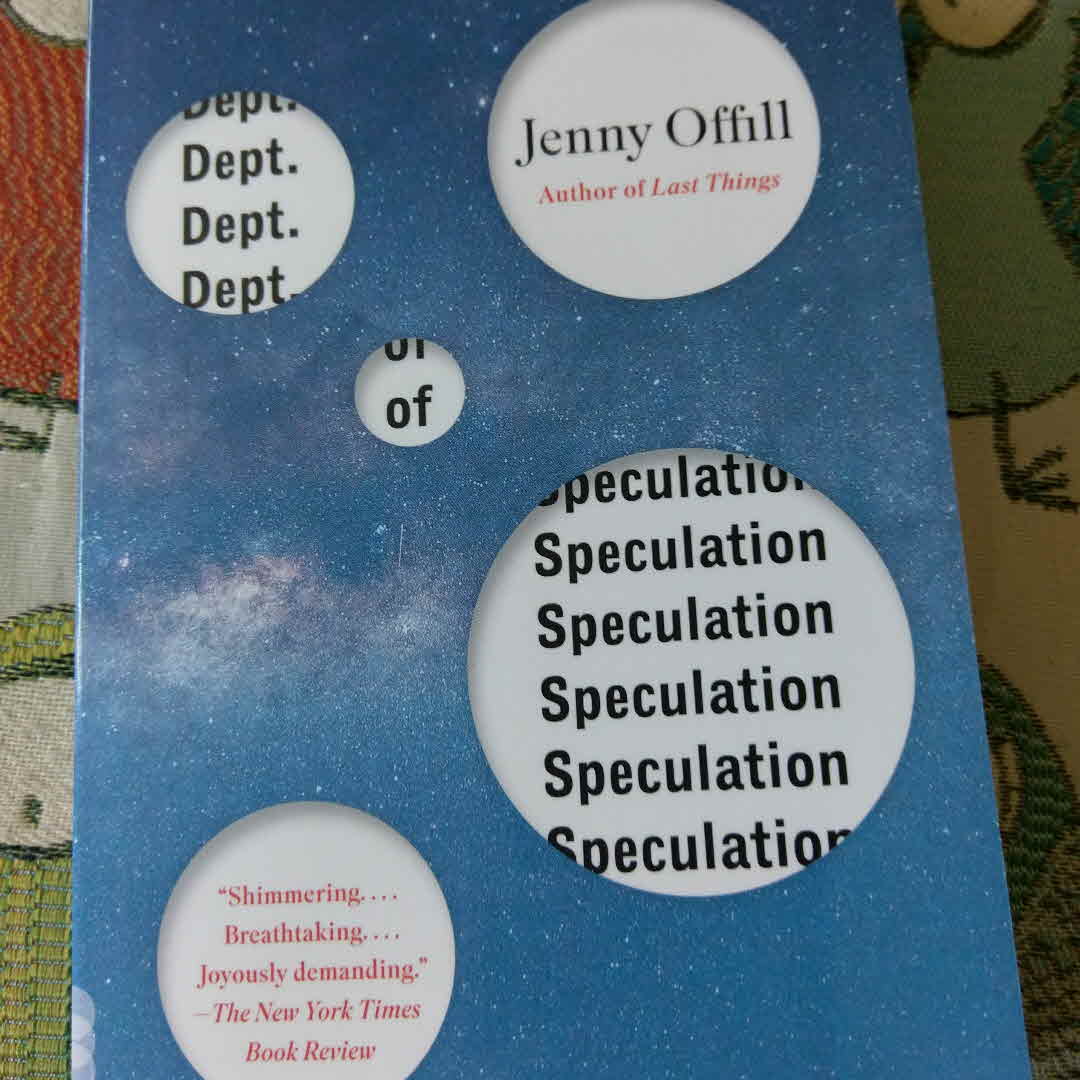
I met an Australian who said he loved to travel alone. He talked about his job as we drank by the sea. When a student gets it, when it first breaks across his face, it's so fucking beautiful, he told me. I nodded, moved, though I'd never taught anyone a single thing. What do you teach, I asked him. Rollerblading, he explained.
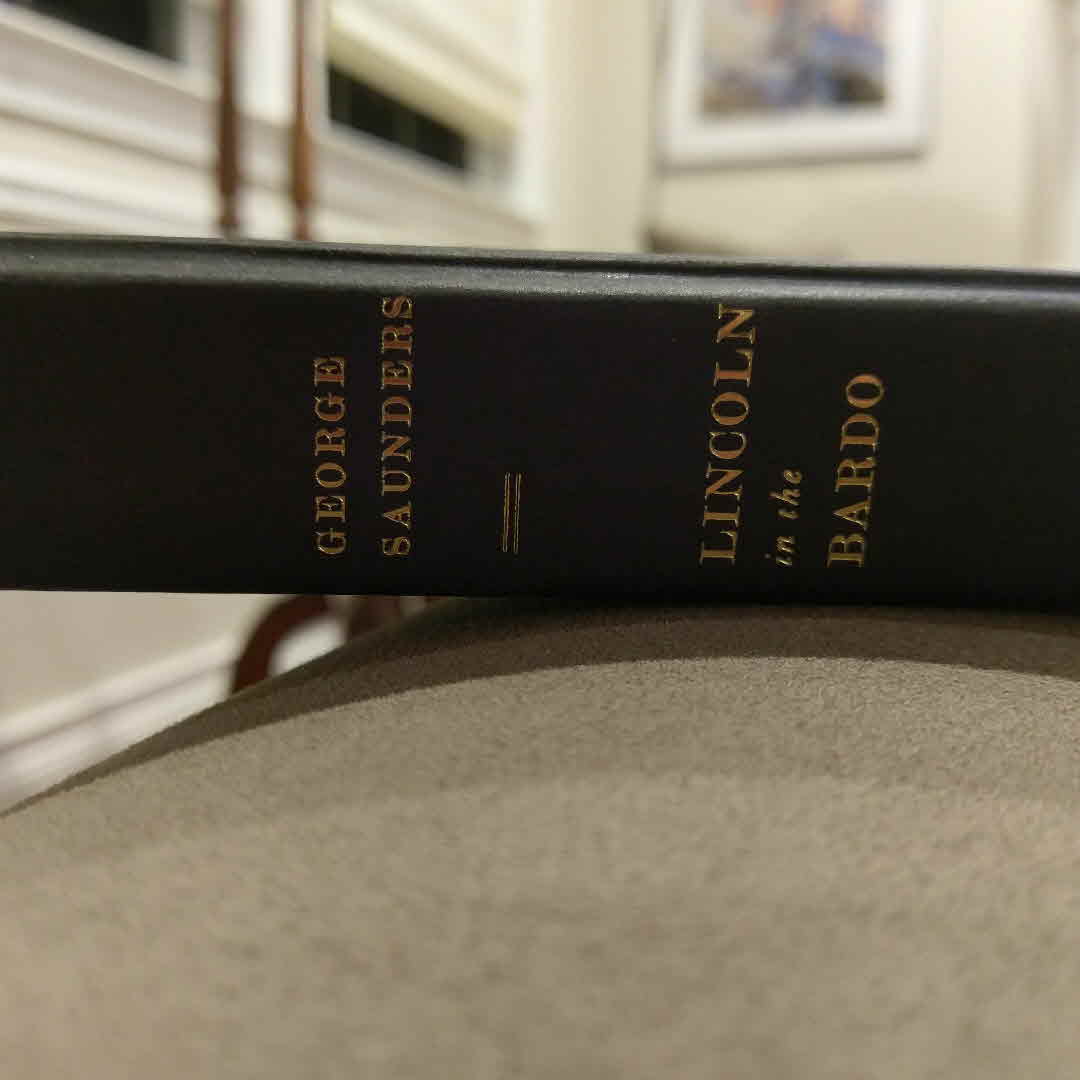
The stove ticks. In my thrashing panic I have upended a chair. The blood, channeled within the floorboard interstices, pools against the margins of the next-room rug. I may yet be revived. Who has not made a mistake? The world is kind, it forgives, it is full of second chances.
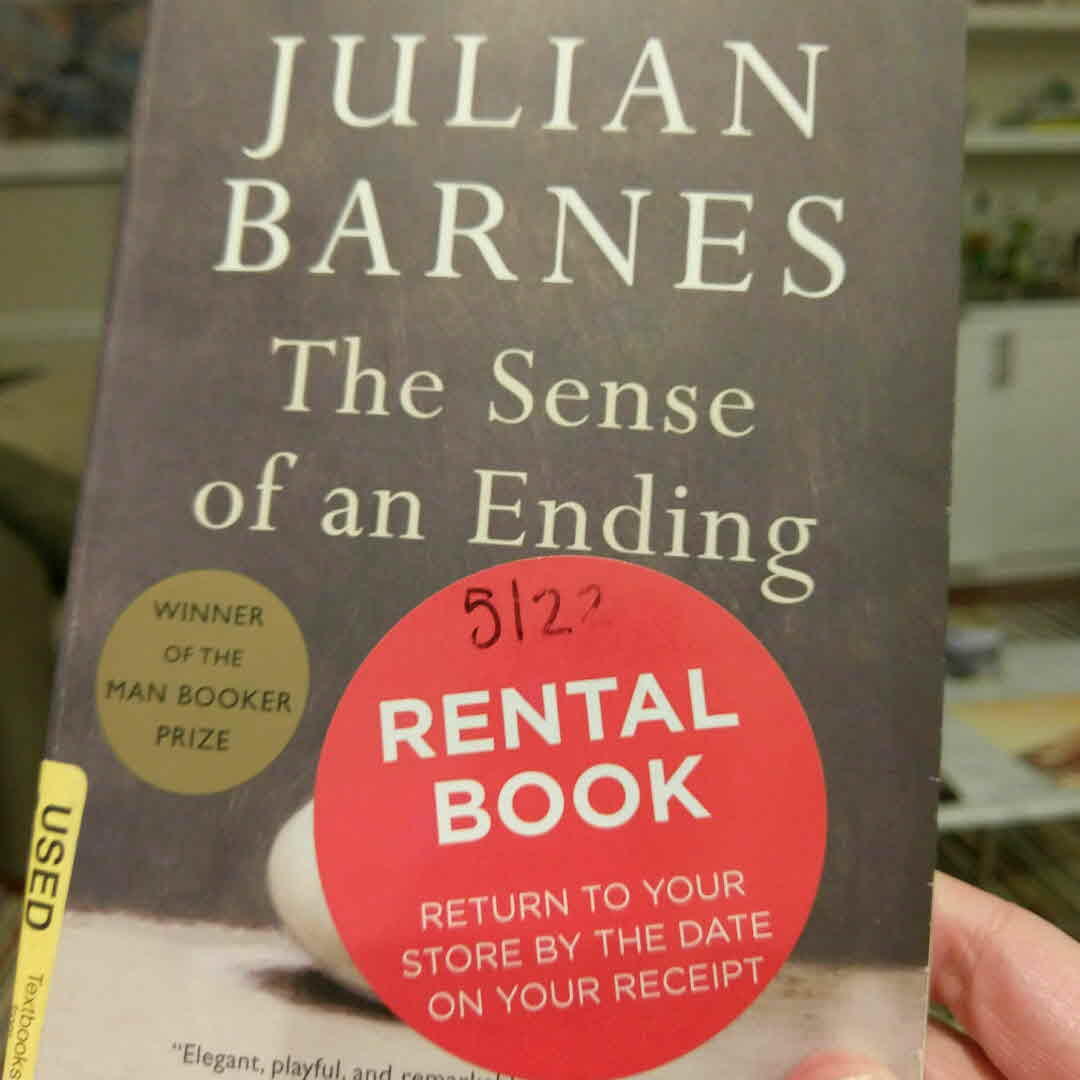
"The Sense of an Ending" is rather like the Volkswagen Polo owned by its narrator. It does exactly what you need it to do, in an unassuming way. But once you think about how complicated it must have been to build, you gain a new appreciation for it. And if you really look under the hood to see how it works, you are quietly amazed.
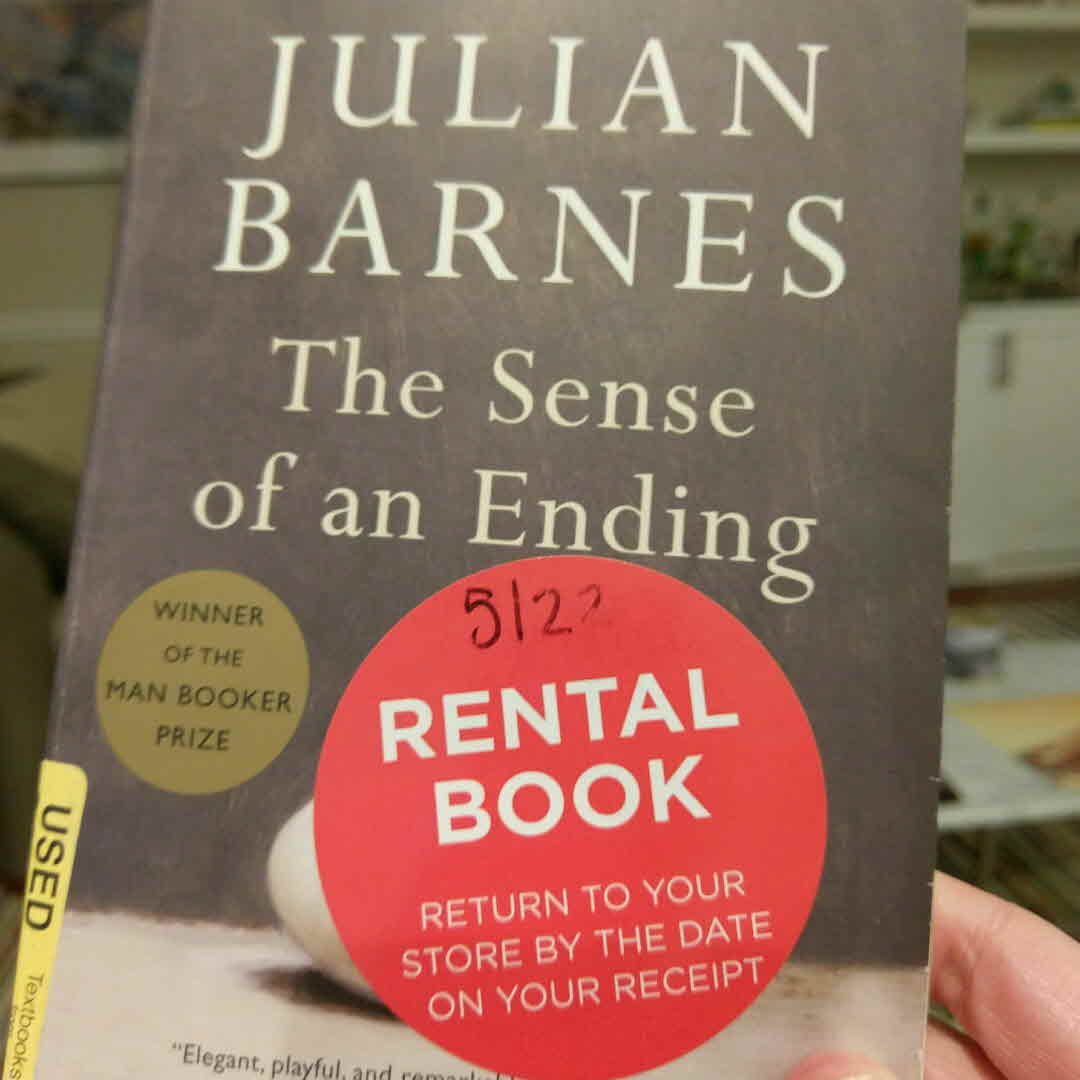
"I began reexamining my younger self, as far as it's possible to do so. Of course I'd been crass and naive--we all are; but I knew not to exaggerate these characteristics, because that's just a way of praising yourself for what you have become."
The photos of them I carry in my wallet always show them younger than they are. That's normal, I suppose, not to say "philosophically self-evident." But you find yourself repeating, "They grow up so quickly, don't they?" when all you really mean is: time goes faster for me nowadays.
Our parents thought we might be corrupted by one another into becoming whatever it was they most feared: an incorrigible masturbator, a winsome homossexual, a recklessly impregnatory libertine.
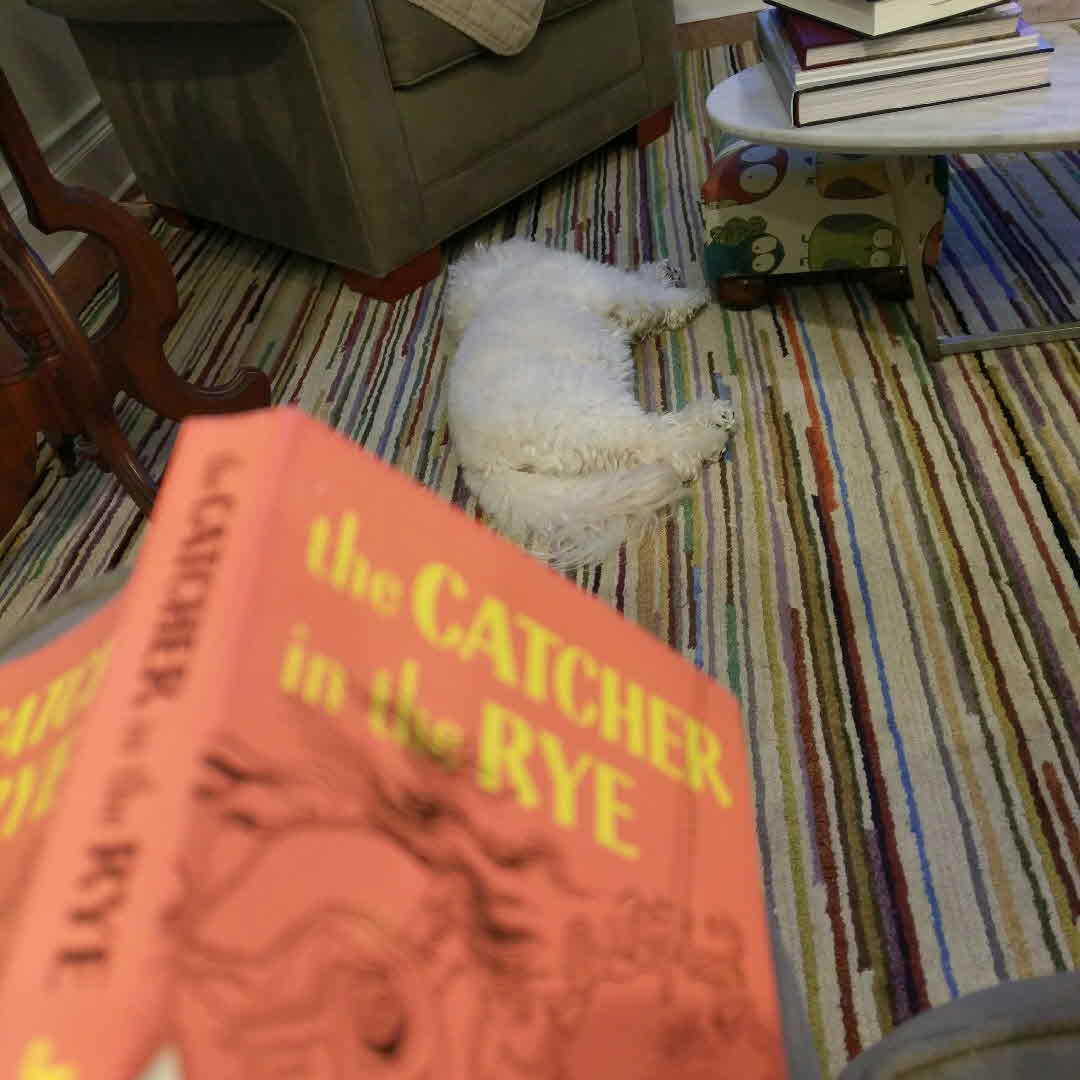
The dog was underwhelmed, but I loved it. Reading this as an adult is a completely different experience.
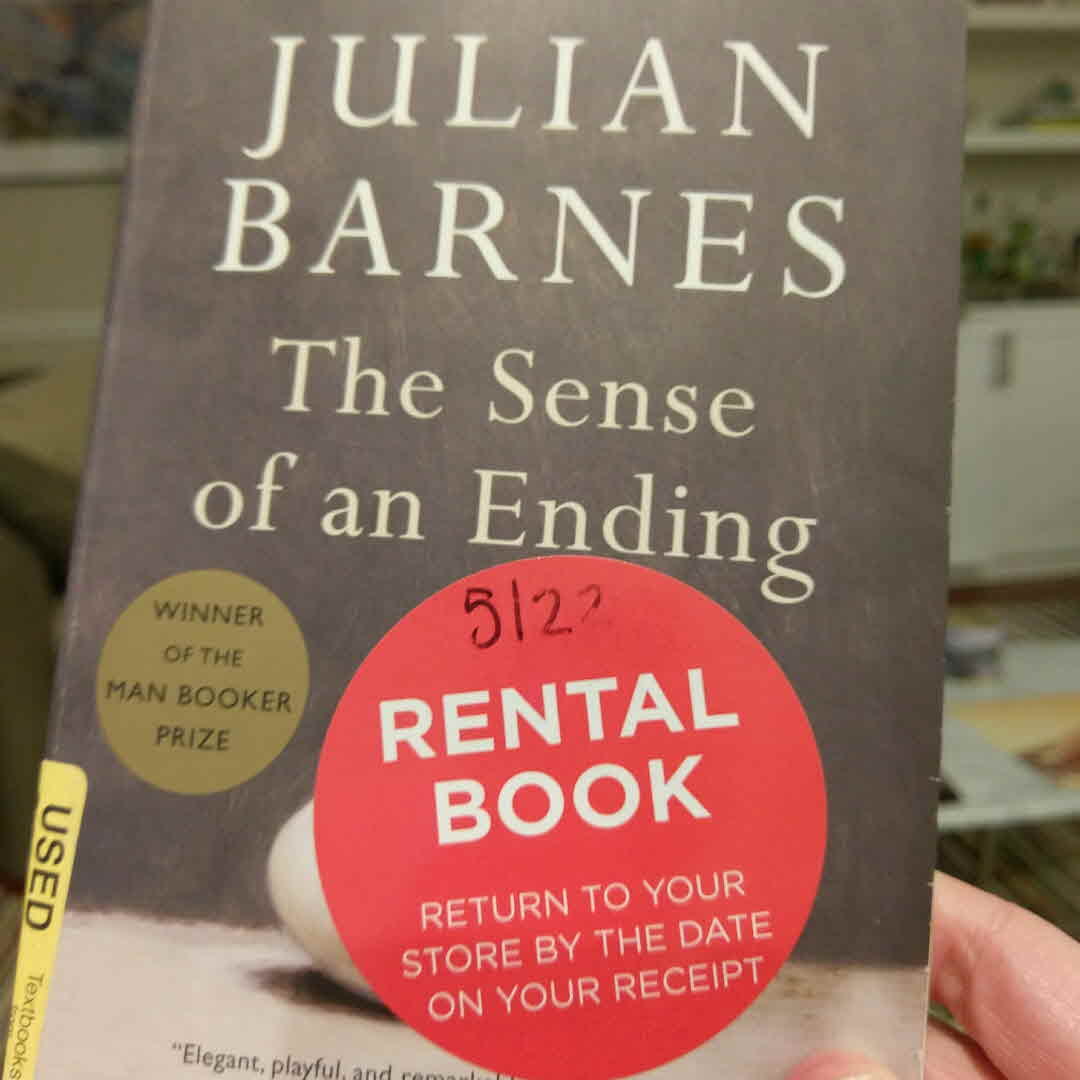
I've read seven pages and I'm already wishing I had bought the book, rather than rented it.
She was forty-seven then. She was only fifty-seven now. Of all the futures I had imagined for her in these streets somehow the present reality seemed the most improbable. When I was a child she had been immortal. I couldn't imagine her leaving this world without ripping its fabric.
Sometimes I wonder if people don't want freedom as much as they want meaning.
But I could see that she wanted to talk, that her pat phrases were like lids dancing on top of bubbling cooking pots, and all I had to do was sit patiently and wait for her to boil over.
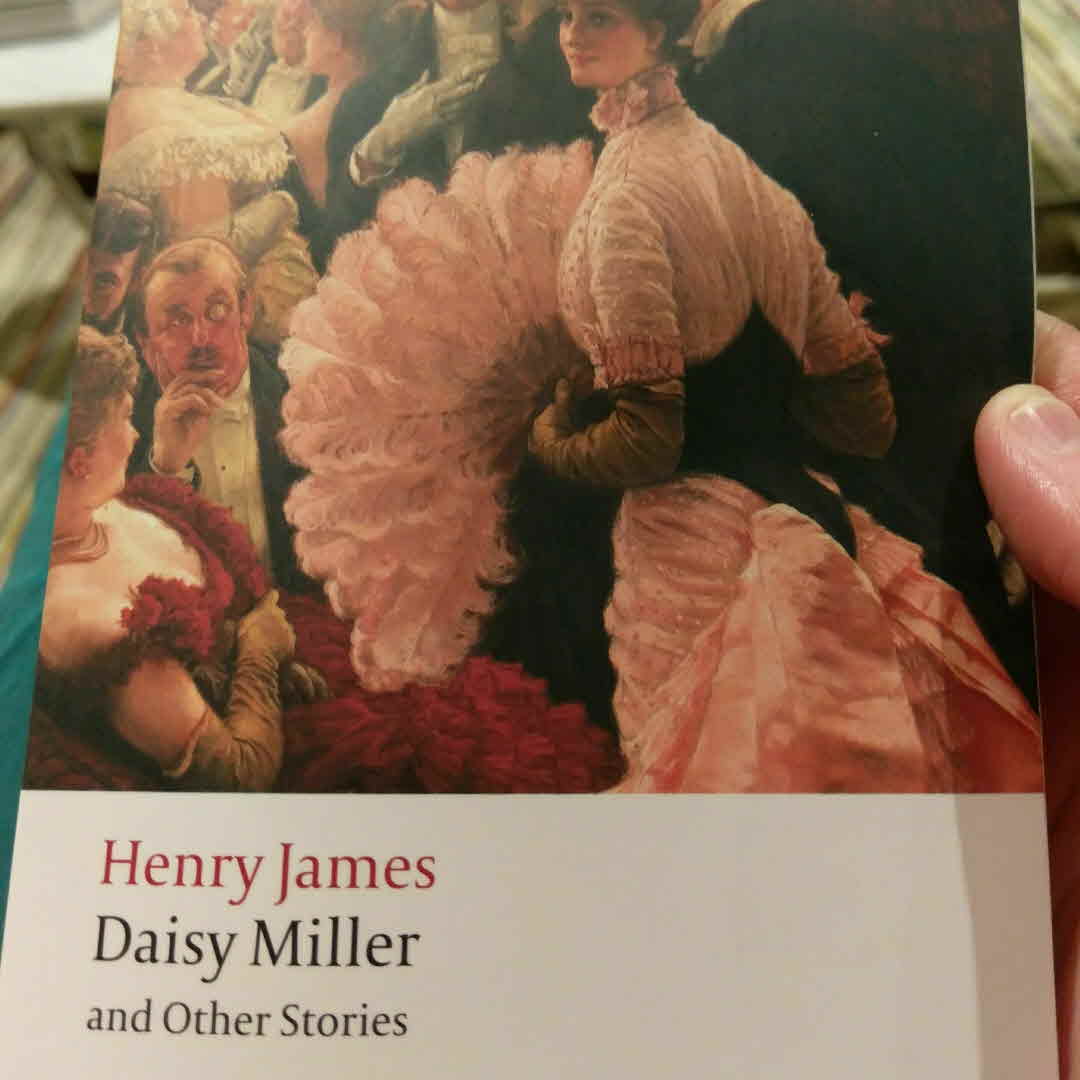
He felt angry at all his shifting views--he felt ashamed of all his tender little scruples and all his witless little mercies.
"They're hopelessly vulgar," said Mrs. Costello. "Whether or no being hopelessly vulgar is being bad is a question for the metaphysicians. They're bad enough to blush for, at any rate; and for this short life that's quite enough."
All I wanted was a minute's quiet to contemplate where I was and what, if anything, it meant.
"Take most people, they're crazy about cars. They worry if they get a little scratch on them, and they're always talking about how many miles they get to a gallon, and if they get a brand new car already they start thinking about trading it in for one that's even newer. I don't even like old cars. I mean they don't even interest me. I'd rather have a goddam horse. A horse is at least human, for God's sake."
I used to think she was quite intelligent, in my stupidity. The reason I did is because she knew quite a lot about the theater and plays and literature and all that stuff. If somebody knows quite a lot about those things, it takes you quite a while to find out whether they're really stupid or not.
But my mother surprised me. In the grounds of the estate she stopped at the base of the stairwell and told me that I'd take that test, and work hard to pass it. No dancing at the weekend, no distractions of any kind, I was being given the kind of opportunity, she said, that she had never had herself, having been advised, at the same age I was now-- and by her own teachers--to work on mastering forty words a minute, like all the other black girls.
"All that matters in this world," she explained, "is what's written down. But what happens with this"-she gestured at my body-"that will never matter, not for these people, so all you're doing is playing the game by their rules, and if you play that game, I promise you, you'll end up a shade of yourself. Catch a load of babies, never leave these streets, and be another one of these sisters who might as well not exist."
"You don't exist," I said.
All the other young men in the village had dance music on their phones, precisely to listen to at times like these, but Lamin, a serious young man, preferred the World Service, and so taking one earbud each we listened to a story about the cost of university tuition in Ghana.
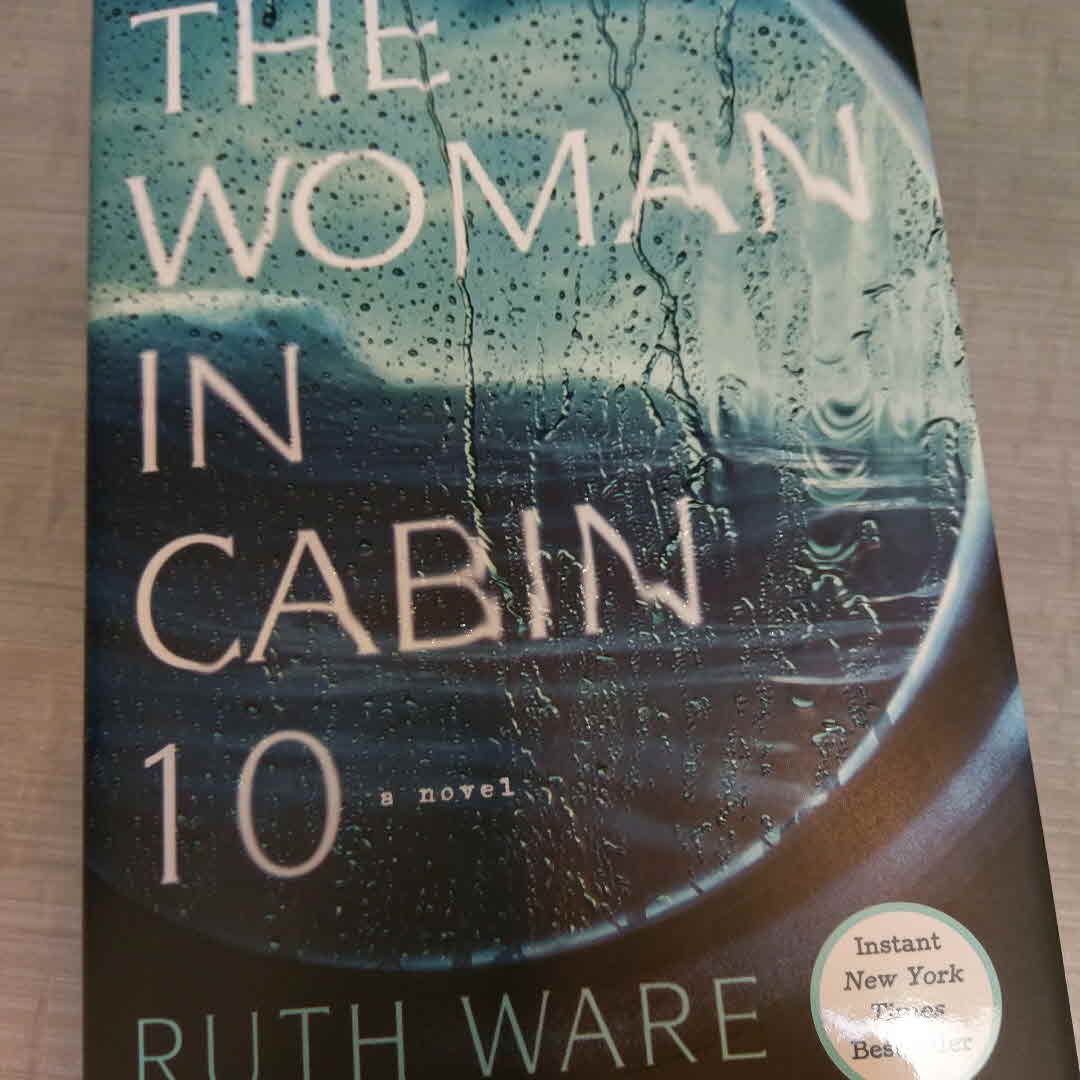
This book was published just 11 months after Ruth's Ware debut, and it reads like a rush job. The story and plot are superficially satisfying, but the writing is sloppy, the editors absent, and the reliance on adverbs obnoxious.
I'm assuming the author has done quite well for herself with her first two mysteries. I'd love to see her take three years to write the next one and see what she comes up with.
[S]he couldn't sit through even the briefest clip of black-and-white film any longer, everything about it bored her. It wasn't "real" -- too much had been subtracted, too much artificially shaped. She wanted to see a dancer on stage, sweating, real, not done up in top hat and tails. But elegance attracted me. I liked the way it hid pain.
...[T]his is one of the striking things about Aimee: she has no tragic side. She accepts everything that has happened to her as her destiny, no more surprised or alienated to be who she is than I imagine Cleopatra was to be Cleopatra.
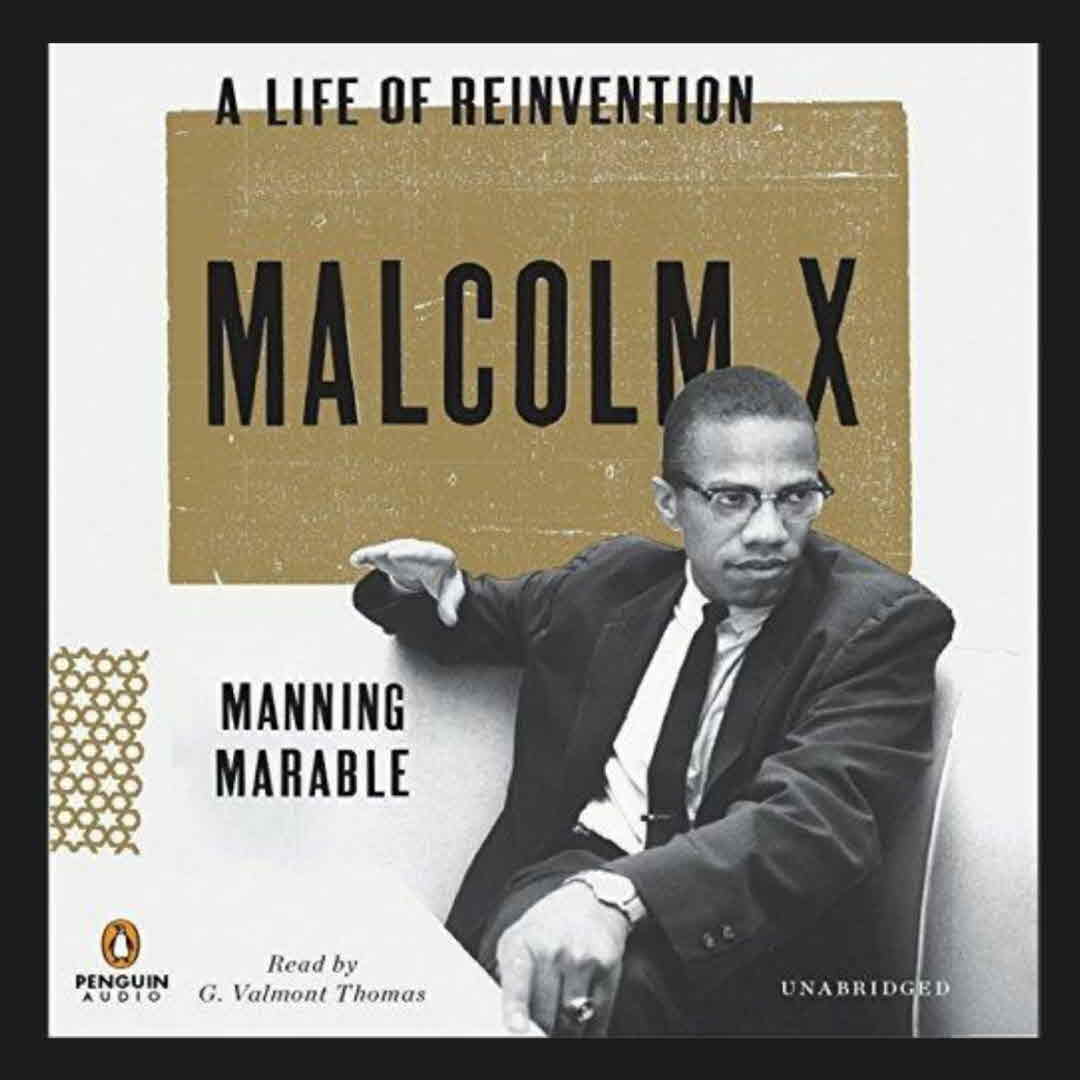
Been meaning to read this for a few years. Only 50 pages in, and Malcolm is already a complex and fascinating figure.
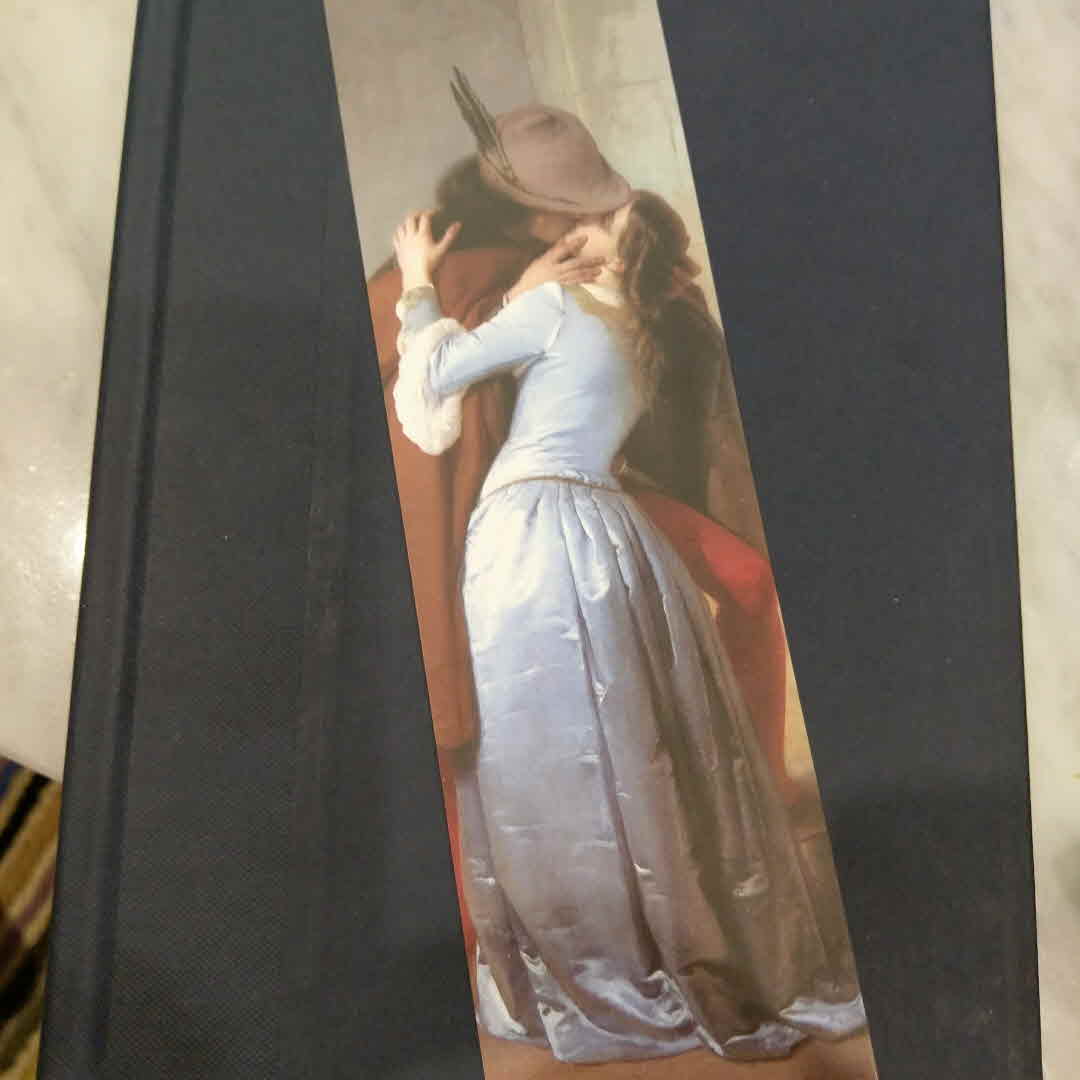
Almost as exciting as starting a new book is breaking in a new bookmark! This one shows THE KISS, one of the most famous works in the Pinacoteca di Brera in Milan.
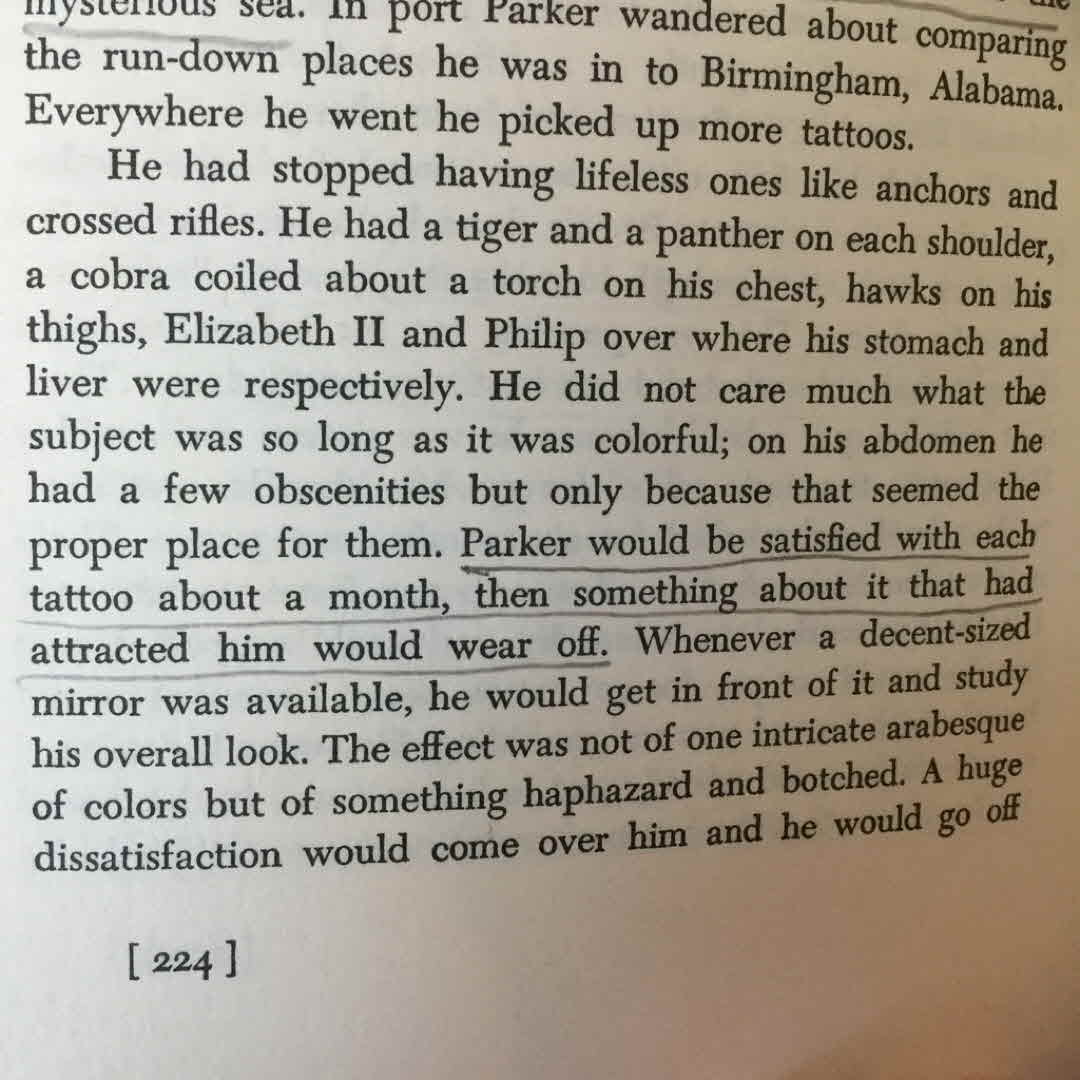
"Everywhere he went he picked up more tattoos. He had stopped having lifeless ones like anchors and crossed rifles..."
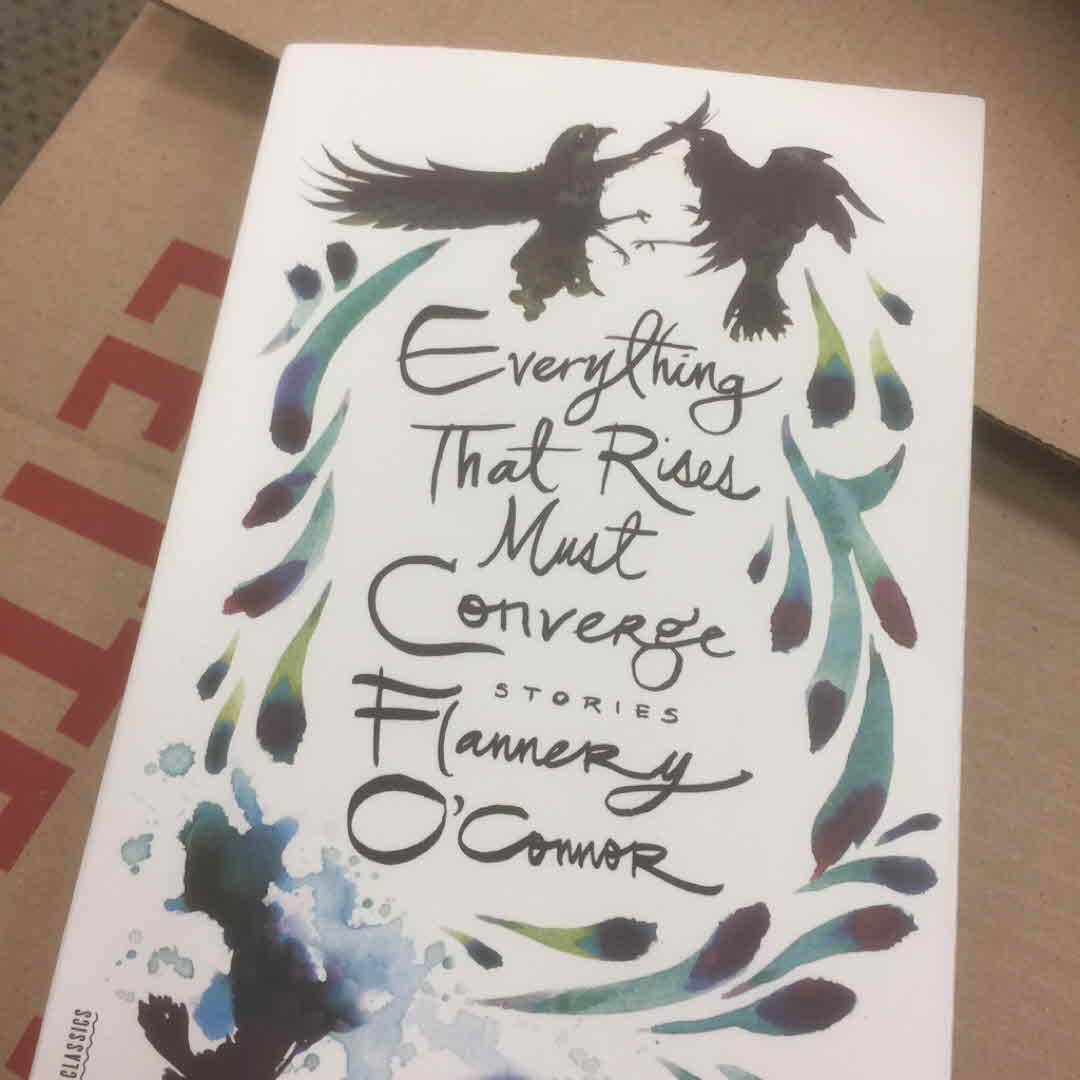
In a short-story workshop this fall, figured it wise to consult the master.